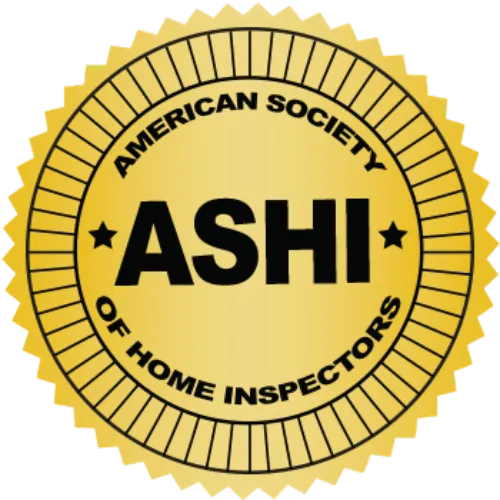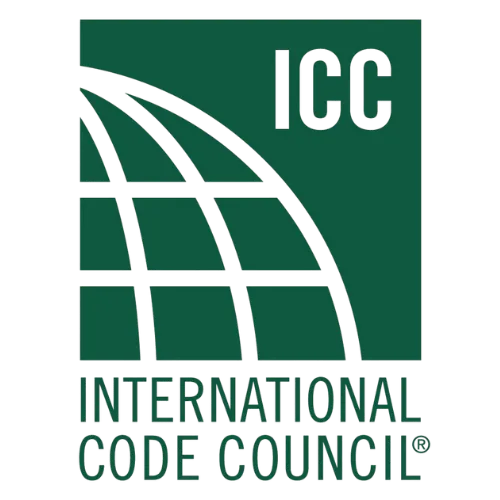Professional Home Inspections for Complete Peace of Mind
The Top Home Inspector Near Louisville and New Albany.
Osborne Home Inspections specializes in providing top-notch home inspections to ensure your property meets the highest standards. Our services guarantee peace of mind and informed decisions.
Professional Home Inspections for Complete Peace of Mind
Louisville Home Inspections for
Safer Homes and Better Decisions.
Osborne Home Inspections specializes in providing top-notch home inspections to ensure your property meets the highest standards. Our services guarantee peace of mind and informed decisions.




The Top Home Inspector Near Louisville
Why Choose Osborne Home Inspections?
Osborne Home Inspections Inc. has been providing comprehensive home inspections to the Louisville, Kentucky area, including Southern Indiana, for more than 30 years. Ken Osborne, owner and certified home inspector, provides thorough, unbiased, honest and professional inspections. His inspections empower the buyer to know exactly what condition the house is in before they buy it. Which often leads to price negotiations.
Licensed Heating & AC Mechanic
E.P.A Protocol Radon Testing
Gas Certified
A founding member of the Kentuckiana Chapter of A.S.H.I.
Building Officials Code Administrators (BOCA) Certified
International Code Council Certified (I.C.C.)

Home Inspector Near Louisville for Decades
If you're in the process of purchasing a new or existing home, don't be fooled by the cheap, low-quality home inspectors around town. Hire Osborne Home Inspections Inc. We have been doing it right for more than 40 years. Choose the right home inspector and empower yourself to know all about the house of your dreams before you purchase it. Whether you’re a buyer, seller, or homeowner, Osborne Home Inspections prioritizes your investment at every step.
40+
Years in business
5000+
Homes Inspected
4.5
Average Google rating
Louisville, KY Inspection Services for Every Need
Our expert property inspection services cover a wide range of property types. Whether it’s a cozy studio or a sprawling villa, we ensure every space meets the highest standards of safety, functionality, and compliance. Trust us to uncover hidden issues and provide you with peace of mind.

Apartment Inspection
In-depth evaluations for safety, functionality, and compliance in apartment units.

Villa Inspection
Comprehensive checks for luxury homes to ensure structural integrity and safety.

Studio Inspection
Precise evaluations of compact spaces to confirm their condition.

Townhouse Inspection
Thorough assessments of townhouses to meet community standards.

Commercial Property Inspection
Tailored inspections for commercial spaces to ensure they meet safety regulations.

Family Home Inspection
Extensive assessments for family homes to ensure safe living conditions.

Penthouse Inspection
High-end evaluations for luxurious penthouses to ensure all systems function properly.

Land/Plot Inspection
Detailed inspections to assess soil conditions and foundation stability.
What Our Clients Say
Hear from satisfied clients who have experienced the excellence of our services. From first-time buyers to seasoned homeowners, our inspections provide clarity and confidence in every decision.

Tyrone D.
Ken is extremely professional and honest. His inspection kept us from walking into a nightmare this past summer. One of our realtors persuaded us not to use him on a second home inspection and steered us to his guy. His guy missed a lot of problems that we had to get Ken to come back to help us assess. Realtors are the only people that give him negative reviews because he is honest, thorough and works in the best interest of the home buyer.

Nick B.
Ken and Krissy are the best in the business! Ken's been at this since 1978 and boasts a wealth of knowledge, and even had a radio show called "Your Home, Your Money" where he offered advice about almost anything home related. I have had the pleasure of using their services twice now, and each time they were thorough, diligent, professional, and very informative, giving insight into any current issues or potential future issues that I may encounter with the home. Their honest and accurate feedback has been instrumental in highlighting the strengths and weaknesses of the home needed to make an educated decision wether to stay the course and buy the home, or move on.

Shaleica O.
Mr Osborne is very professional kind precise and is totally working for the home buyer and will make sure that you don’t walk into a home in the blind. He will let you know everything there is to know if there are any issues with the home before you purchase it. He’s very detailed and provides great service and honest , very reasonable priced. Don’t think twice go ahead and choose MR Osborne for your home inspection TODAY you will glad you chose him.
Your Trusted Partner in Residential Home Inspections
Why Choose Osborne Home Inspections?
Osborne Home Inspections Inc. has been providing comprehensive home inspections to the Louisville, Kentucky area, including Southern Indiana, for more than 30 years. Ken Osborne, owner and certified home inspector, provides thorough, unbiased, honest and professional inspections. His inspections empower the buyer to know exactly what condition the house is in before they buy it. Which often leads to price negotiations.
Licensed Heating & AC Mechanic
E.P.A Protocol Radon Testing
Gas Certified
A founding member of the Kentuckiana Chapter of A.S.H.I.
Building Officials Code Administrators (BOCA) Certified
International Code Council Certified (I.C.C.)
Why Clients Across Louisville Trust Osborne Home Inspections
With over 40 years of industry experience, Osborne Home Inspections has established itself as a preferred choice for homeowners, buyers, and sellers worldwide. Here’s why:

40+ Years
of Experience
Licensed in Kentucky & Indiana

Trustworthy
Advice
We work for and represent you

Attention to
Detail
Abiding by the ASHI Code of Ethics

Repair
Expertise
Licensed Heating & AC Mechanic

Water Damage
Reports
Identifying Water Intrusion Issues

Tight Space
Inspection
Foundations, Basements & Crawl Spaces
What Our Clients Say
Hear from satisfied clients who have experienced the excellence of our services. From first-time buyers to seasoned homeowners, our inspections provide clarity and confidence in every decision.

Tyrone D.
Ken is extremely professional and honest. His inspection kept us from walking into a nightmare this past summer. One of our realtors persuaded us not to use him on a second home inspection and steered us to his guy. His guy missed a lot of problems that we had to get Ken to come back to help us assess. Realtors are the only people that give him negative reviews because he is honest, thorough and works in the best interest of the home buyer.

Nick B.
Ken and Krissy are the best in the business! Ken's been at this since 1978 and boasts a wealth of knowledge, and even had a radio show called "Your Home, Your Money" where he offered advice about almost anything home related. I have had the pleasure of using their services twice now, and each time they were thorough, diligent, professional, and very informative, giving insight into any current issues or potential future issues that I may encounter with the home. Their honest and accurate feedback has been instrumental in highlighting the strengths and weaknesses of the home needed to make an educated decision wether to stay the course and buy the home, or move on.

Shaleica O.
Mr Osborne is very professional kind precise and is totally working for the home buyer and will make sure that you don’t walk into a home in the blind. He will let you know everything there is to know if there are any issues with the home before you purchase it. He’s very detailed and provides great service and honest , very reasonable priced. Don’t think twice go ahead and choose MR Osborne for your home inspection TODAY you will glad you chose him.
Why Clients Across Louisville Trust Osborne Home Inspections
With over 40 years of industry experience, Osborne Home Inspections has established itself as a preferred choice for homeowners, buyers, and sellers worldwide. Here’s why:

40+ Years
of Experience
Licensed in Kentucky & Indiana

Trustworthy
Advice
We work for and represent you

Attention to
Detail
Abiding by the ASHI Code of Ethics

Repair
Expertise
Licensed Heating & AC Mechanic

Water Damage
Reports
Identifying Water Intrusion Issues

Tight Space
Inspection
Foundations, Basements & Crawl Spaces
Meet the Team Behind Osborne Home Inspections
Our experienced professionals bring years of expertise to every inspection:
A home is probably the largest investment you will ever make. You should know exactly what to expect before you purchase the home of your dreams, in terms of repairs, replacements and maintenance. That is why hiring a certified, licensed and unbiased home inspector is so important.
A home inspector is hired to do a thorough visual and physical examination of all the components of a home. This includes the structure, foundation, heating and cooling system, roof, and everything in between.
Our job is to represent our client and no one else. A home inspector is there to inform you on the current condition of your prospective home. They examine the entire house and deliver a report to the client containing all the information, good and bad. The report will then empower you to make the best decision on purchasing the home of your dreams and even negotiating the price.
At Osborne Home Inspection, we have been doing it right for more than 40 years. Choose the right home inspector and empower yourself to know all about the house of your dreams before you purchase it.

Ken Osborne
Owner

Ken Osborne
Owner
Frequently Asked Questions
What makes Osborne Home Inspections different from other inspection services?
Osborne has been inspecting homes, schools, and various other buildings in the greater Louisville area for more than 40 years. Our dedication to providing buyers with all the necessary information to guide their decision sets us apart.
How long does a typical inspection take?
The duration depends on property size, but we ensure timely and thorough evaluations.
What does an inspection report include?
Our reports cover structural integrity, safety concerns, and actionable recommendations. We will cover every little detail that you'll need to be aware of for making a buying decision, and we pride ourselves in doing business with honesty and integrity.
How do I schedule an inspection?
Simply contact Osborne Home Inspections, and our team will handle the rest. Or... click the button below.
Ready to Sell or Rent Your Property?
Maximize your property’s potential with Osborne Home Inspections. Our expert inspections ensure your property stands out in the market. Start your journey today with our reliable and efficient services.

Ready to Sell or Rent Your Property?
Maximize your property’s potential with Osborne Home Inspections. Our expert inspections ensure your property stands out in the market. Start your journey today with our reliable and efficient services.

Quick links
Home
About Us
Property Type
Services
FAQ
Testimonal
Blogs
Popular house
Penthouses
Villa
Smart home
Apartments
Office
Bungalow
LEGAL
Terms of use
Privacy policy
Newsletter
Subscribe to Osborne Home Inspections’s newsletter for the latest updates, tips, and insights into residential home inspections. Be the first to know about industry trends, expert advice, and exclusive offers to help you make informed property decisions.
© Copyright 2026. Osborne Home Inspections. All Rights Reserved.



